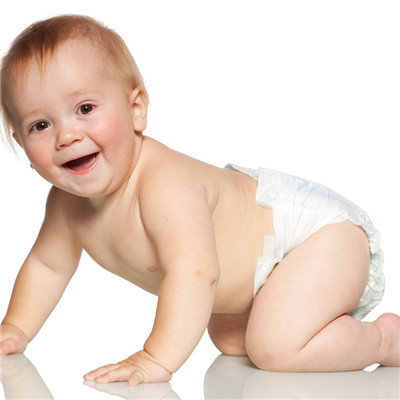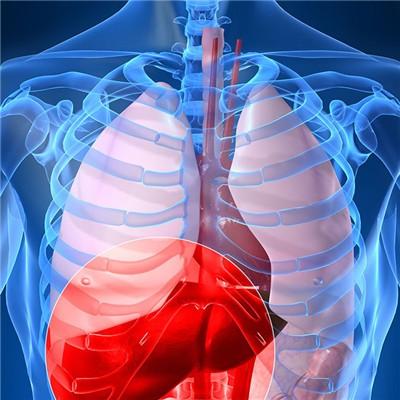What are the symptoms of infantile autism?
summary
Around us, there are a group of special children. They have an independent but closed world in their heart. They don't understand others and are seldom understood. They have no joy or pain, they are not deaf, they are deaf, they are not blind, they are blind. What are the symptoms of infantile autism? I'd like to share my views with you.
What are the symptoms of infantile autism?
1. Loneliness, self indulgence and communication difficulties are the tendency of lacking communication with others. Some children show this feature from infancy. For example, they don't like to be held by their parents since childhood. When people want to hold them, they don't stretch out their hands to show the posture of expecting to hold them. They don't take the initiative to play with their children. When others want to play with them, they show avoidance and have no response to the call. They always like to play by themselves. Although some children do not refuse others, they will not communicate with children, that is, they lack social communication skills. Their loneliness also shows that they don't care about the things around them. They seem to be deaf and blind. They can do whatever they want. Everything around them seems to have nothing to do with him. It's hard to arouse his interest and attention. They seem to live in their own small world. In addition, their eyes don't look at each other or even avoid each other's eyes. They often wander when they are moving. They often squint, squint or shine when they see people. They seldom face each other and smile. They never greet people.

2. The speech barrier is prominent, and it is difficult to communicate normally. Most of the children have little speech. In severe cases, they are almost silent all their lives, and the vocabulary they can speak and use is limited. Even if some children can speak, they are often reluctant to speak, and would rather use gestures instead. Some can speak, but the voice is very small, very low or to himself, repeat some monotonous words. Some children will only imitate what others have said, but will not talk in their own language. Many children will not ask or answer questions, just repeat the questions of others. In language communication, the confusion and reversal of pronouns are often shown, such as "you" and "he" are often used to replace himself. In addition, many autistic children often scream, which sometimes lasts to 5-6 years old or longer.

3. Narrow interests, rigid and repetitive behaviors, and opposition to environmental changes. Autistic children often focus on some or several kinds of games or activities for a long time, such as rotating the pot lid, monotonously placing building blocks, keen to watch TV ads and weather forecasts, and have no interest in cartoons, children's TV and movies that children usually like, Some children have to eat the same food every day, go out the same route, and defecate with the same toilet. If there is any change, they will cry and make a lot of noise. They show obvious anxiety reaction and refuse to change their original habits and behavior, which makes it difficult to adapt to the new environment. Most children also show aimless activities, excessive activities, monotonous and repetitive jumping, clapping, waving, etc Running and rotating, some even hurt themselves, such as repeatedly digging nostrils, picking mouth, biting lips, sucking and so on.

matters needing attention
There are not only genetic factors, but also environmental pollution, as well as the influence of acquired education and parenting factors. If the mother does not give proper care to the child within one year old and lacks language communication, the child will easily suffer from autism. For example, high-income families are busy making money, the mother is negligent in communicating with the child, the child is crying and no one holds him, and no one cares when he is hungry. The modernization of urban living makes many people move into high-rise buildings, and the high-rise buildings with one door for each household are easy to create a closed environment for children. Therefore, children should be allowed or encouraged to come up from high-rise buildings to the courtyard to play, communicate and establish friendship with neighbors or nearby children. EQ is the ability of social adaptation. It's not enough for children to have good academic performance. They should also know how to accept others and let others accept themselves. This is also the basic meaning of love. While cultivating children's good moral character, we should teach them to form good temperament and emotion











